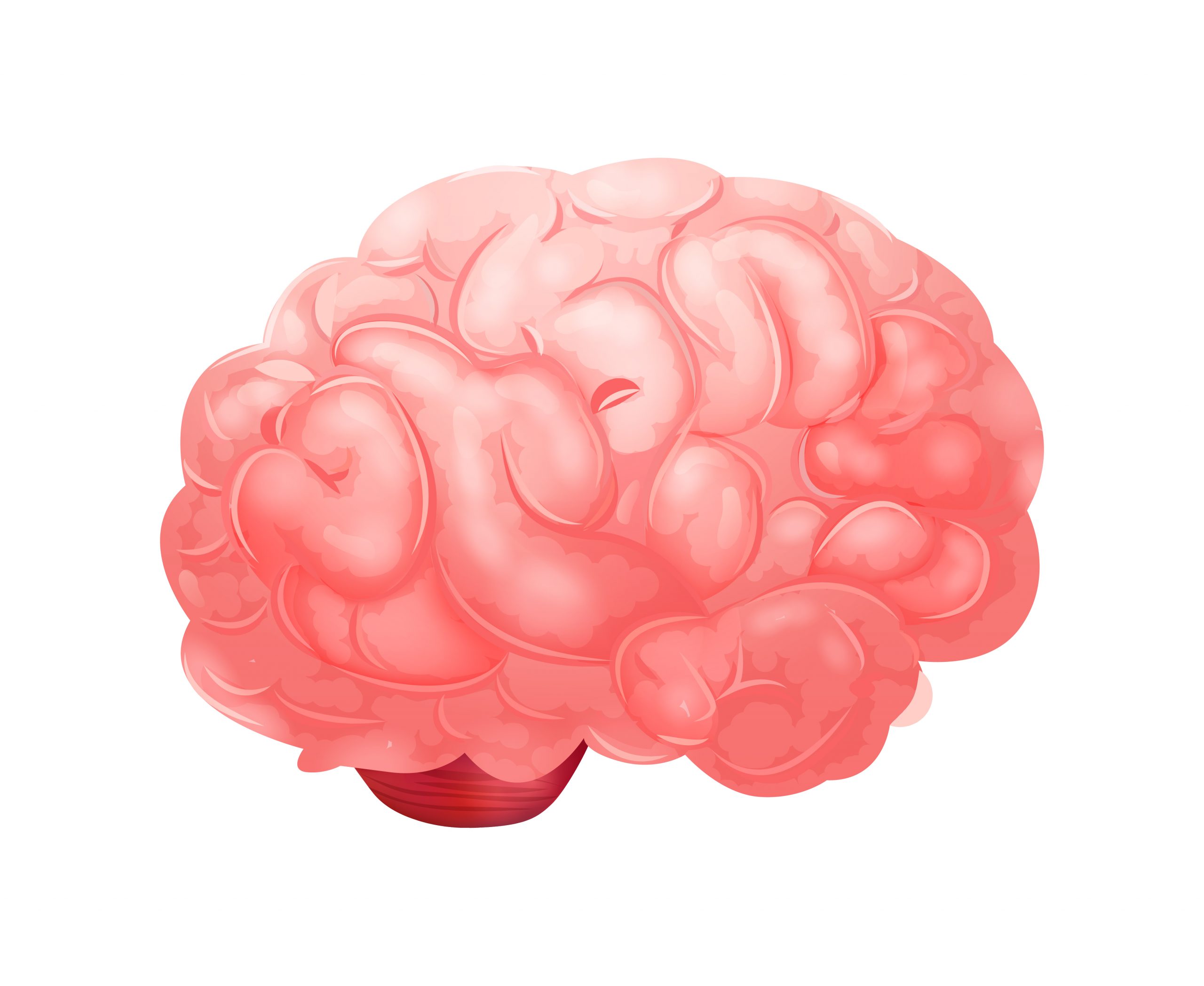

Yale researchers discovered that liver fibrosis—the scarring of liver tissue that happens in many chronic liver diseases—is connected with decreased cognitive performance and, in some areas of the brain, decreased brain volume. Inflammation may play a role in mediating this link.
According to the researchers, the data indicate the presence of a liver-brain axis and underline the need of early detection of liver disease. The findings were published in the journal eBioMedicine on June 23.
A increasing body of scientific evidence suggests that brain health and bodily health are inextricably linked, with one frequently influencing the other.
“More and more, folks are starting to realize that there’s not this split between brain-based disorders and other types of physical health,” said Dustin Scheinost, associate professor of radiology and biomedical imaging at Yale School of Medicine and senior author of the study. “We’re starting to understand that liver disease, heart disease, and other diseases will have impacts on the brain, and brain disorders have impacts on the body.”
Scheinost and his colleagues used data from the UK Biobank—a collection of health information from over 500,000 adults—for the new study to better understand how liver fibrosis may influence the brain. The researchers were able to analyze a potential liver-brain connection across a portion of the general population and investigate effects that would have been difficult to find in smaller datasets thanks to the huge dataset.
The researchers looked examined data on liver fibrosis, cognitive performance (such as working memory, problem solving ability, and processing speed), and gray matter volume in different parts of the brain. They discovered that people with liver fibrosis had lower cognitive capacity and gray matter volume in multiple brain regions, including the hippocampus, thalamus, striatum, and brain stem, when compared to healthy subjects.
“There was a significant negative correlation between liver fibrosis and multiple cognitive functions, including working memory, prospective memory, and processing speed,” said Rongtao Jiang, a postdoctoral associate in Scheinost’s lab and lead author of the study.
The researchers could not demonstrate cause and effect with this type of study; they could only examine correlations. They were able to investigate what might mediate the link between liver disease and brain health.
Inflammation has been linked to a variety of liver and brain illnesses, with a small number of studies indicating that chronic inflammation caused by liver disease can harm the brain. The new study analyzed a chemical called C-reactive protein, a marker of systemic inflammation, to see if inflammation was a factor in the link seen between liver fibrosis, cognition, and brain anatomy.
They discovered that C-reactive protein levels were higher in people with liver fibrosis than in those without, and that C-reactive protein had a minor but substantial mediating effect on the connection between liver fibrosis, cognitive function, and brain volume. According to the researchers, the data show that inflammation may play a role in the relationship between the liver and the brain. “To summarize, our findings support the existence of the liver-brain axis,” Jiang added.
The findings also emphasize the need for early surveillance, he added. “Early-stage liver fibrosis is a reversible syndrome, and our current study suggests that early surveillance and prevention of liver disease may reduce cognitive decline and brain volume loss,” said Jiang. “And since we found a mediating effect of systemic inflammation, it may tell us that drugs or interventions that target inflammation may help us prevent the disease burden of liver fibrosis.”
According to Qinghao Liang, a co-author of the study and a Ph.D. candidate in Scheinost’s lab, the findings also provide evidence that preventing liver illness may help postpone the progression of disorders such as dementia and Alzheimer’s disease.
New scientific data connects liver dysfunction to Alzheimer’s disease. Previous study has demonstrated that the amyloid-beta deposits linked to Alzheimer’s disease originate in the blood and are filtered out by the liver. As a result, liver malfunction may result in insufficient amyloid-beta clearance and contribute to amyloid-beta buildup in the brain.
The latest study indicated that the brain regions most closely connected with liver fibrosis—the hippocampus, thalamus, and striatum—are also among the first to lose volume in aging and early Alzheimer’s disease.
Ultimately, the findings of the current study provide further evidence of a brain-body connection, said Scheinost. “It highlights how much physical health, mental health, and brain health all tie together,” he said. “In some ways it’s about taking care of yourself as a whole. Any piece of the puzzle you can address is probably going to have other downstream effects and benefits.”
more recommended stories
 Red Blood Cells Improve Glucose Tolerance Under Hypoxia
Red Blood Cells Improve Glucose Tolerance Under HypoxiaKey Takeaways for Clinicians Chronic hypoxia.
 Nanoplastics in Brain Tissue and Neurological Risk
Nanoplastics in Brain Tissue and Neurological RiskKey Takeaways for HCPs Nanoplastics are.
 AI Predicts Chronic GVHD Risk After Stem Cell Transplant
AI Predicts Chronic GVHD Risk After Stem Cell TransplantKey Takeaways A new AI-driven tool,.
 Red Meat Consumption Linked to Higher Diabetes Odds
Red Meat Consumption Linked to Higher Diabetes OddsKey Takeaways Higher intake of total,.
 Pediatric Crohn’s Disease Microbial Signature Identified
Pediatric Crohn’s Disease Microbial Signature IdentifiedKey Points at a Glance NYU.
 Nanovaccine Design Boosts Immune Attack on HPV Tumors
Nanovaccine Design Boosts Immune Attack on HPV TumorsKey Highlights Reconfiguring peptide orientation significantly.
 High-Fat Diets Cause Damage to Metabolic Health
High-Fat Diets Cause Damage to Metabolic HealthKey Points Takeaways High-fat and ketogenic.
 Acute Ischemic Stroke: New Evidence for Neuroprotection
Acute Ischemic Stroke: New Evidence for NeuroprotectionKey Highlights A Phase III clinical.
 Statins Rarely Cause Side Effects, Large Trials Show
Statins Rarely Cause Side Effects, Large Trials ShowKey Points at a Glance Large.
 Anxiety Reduction and Emotional Support on Social Media
Anxiety Reduction and Emotional Support on Social MediaKey Summary Anxiety commonly begins in.

Leave a Comment